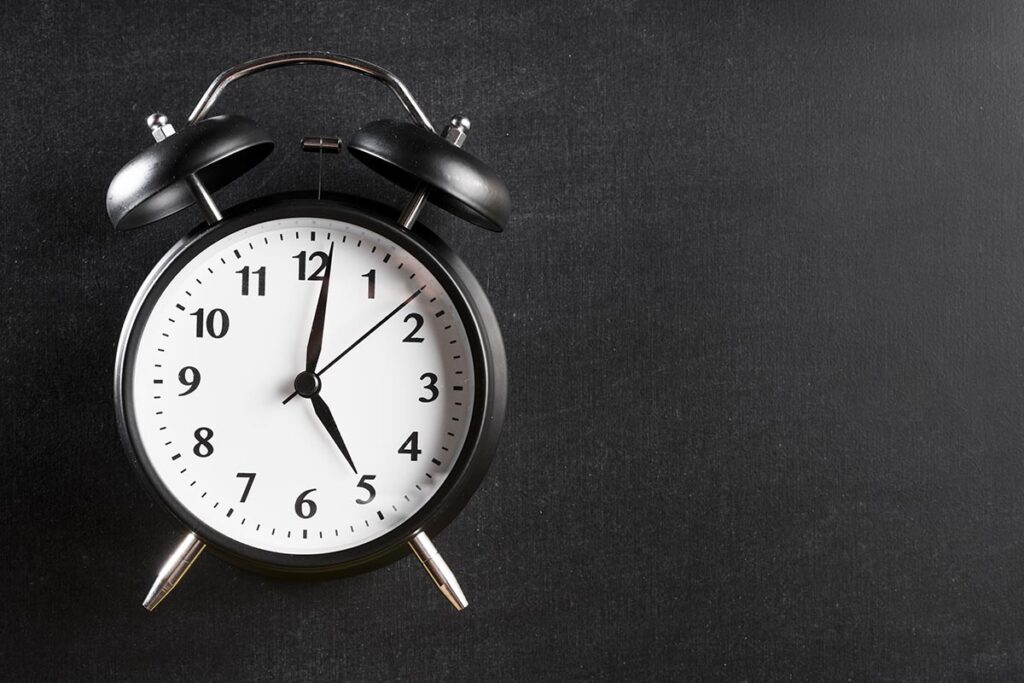

In today’s fast-paced world, the pursuit of excellence often pushes sleep to the backburner. However, as research continues to shed light on this crucial aspect of health, it’s evident that sleep plays a foundational role in determining both physical and cognitive performance. Whether you’re an elite athlete, play sports or someone juggling multiple roles, ensuring quality sleep can be the key to unlocking peak performance. As we delve into the intricate relationship between sleep and performance, we’ll uncover the essential components that can elevate daily productivity and athletic prowess.
Sleep serves as much more than a simple pause button in our hectic lives; it’s a multifaceted physiological journey that plays a paramount role in recovery, sharp cognitive function, and sustaining emotional equilibrium. As we drift into the profound depths of slumber, our bodies transition into a state of rejuvenation. Here, our muscles, which have been taxed throughout the day, undergo repair. Simultaneously, our endocrine system works diligently, fine-tuning hormone levels that influence everything from our mood to our metabolic rate. Moreover, as we sleep, our brains engage in the crucial task of memory consolidation, filtering and storing vital information from the day.
Yet, when we skimp on this restorative process, the repercussions can be immediate and wide-ranging. Cognitive faculties like attention span, decisive thinking, and long-term memory retention may become clouded. Furthermore, habitual sleep deprivation doesn’t just leave us feeling groggy; it has been scientifically connected to an array of health complications, encompassing issues like unintentional weight fluctuations and a compromised immune system.

For elite performers and everyday fitness enthusiasts alike, the indispensable role of sleep often remains in the shadows, eclipsed by training techniques and dietary considerations. Yet, sleep is the cornerstone upon which peak performance is built. Delving into scientific investigations, there’s compelling evidence to suggest that the quality and duration of one’s slumber can have a pronounced effect on their athletic prowess. Extended periods of sleep, for instance, have been shown to dramatically enhance facets like sprinting speed, pinpoint accuracy, and razor-sharp reaction times.
In stark contrast, the toll of inadequate rest is not merely a feeling of tiredness. Sleep deficiency can tamper with the body’s glucose metabolism, the very engine powering our muscular exertions. Simultaneously, it can spike cortisol levels, a stress hormone, thereby posing challenges to optimal performance and protracting the recovery phase post-exercise. In essence, for anyone committed to their athletic journey, re-evaluating sleep’s position in their training plan is paramount.
Beyond the realms of the training arena, the ripple effects of sleep touch various facets of our lives, especially in areas demanding cognitive prowess. Whether you’re studying or on a course having to wrestle with complex concepts or a professional striving for excellence in a competitive workspace, the magic of sleep can be a game-changer. Studies consistently illustrate that when individuals commit to quality rest, there’s a tangible uptick in attributes like innovative thinking, laser-focused concentration, and adept problem-solving abilities.
One of the sleep phases, known as REM (Rapid Eye Movement) sleep, is often the centre of scientific curiosity. It’s during these REM cycles that the brain appears to be in overdrive, busily weaving together newly acquired information and experiences. This intricate process is foundational for the consolidation of memories and for the integration of new learning. In essence, whether your goal is acing an exam or delivering a standout work presentation, recognising and harnessing the cerebral benefits of sleep can be a transformative strategy.
Navigating the landscape of quality sleep means considering more than just the clock’s tick. It’s about crafting an environment and routine that genuinely nourishes our nightly rest. Several external elements, from the room’s ambient temperature to subtle background noises, can quietly dictate the depth and quality of our slumber.
The modern world’s ubiquitous screens, with their glowing allure, often become inadvertent culprits, potentially disrupting our body’s natural sleep-wake cycle. Cutting down on screen interactions, especially in the twilight hours, can be a small yet impactful step towards better sleep. Equally pivotal is the art of consistency; going to bed and waking up at regular times aids in syncing our internal body clock with the world outside. And let’s not overlook the basics — the sanctity of a bedroom that’s dark, comfortably cool, and shielded from disruptive sounds. Such seemingly simple tweaks, when integrated holistically, can be instrumental in ensuring every night culminates in genuinely rejuvenating rest.
In the fast-paced rhythm of today’s world, sleep is frequently relegated to the backdrop, treated as a luxury rather than a necessity. However, its integral role in shaping our overall well-being and performance cannot be overstated. Beyond mere hours spent in bed, the depth and quality of our rest are paramount. Sleep affects every facet of our existence, from mental clarity to physical vigour. By placing sleep at the forefront of our health agenda and recognising its multifaceted benefits, we can position ourselves to excel, whether in training, in the classroom, or at the workplace. But embracing this vital aspect of health goes beyond general knowledge; it entails a conscious commitment to crafting conducive sleep environments and routines. As we embark on this journey towards improved sleep and, by extension, enhanced life quality, seeking guidance from experts and staying in tune with our bodies’ signals becomes invaluable. The path to peak performance might just begin with a good night’s rest.
Walker, M. P. (2017). Why We Sleep: Unlocking the Power of Sleep and Dreams. Scribner.
National Sleep Foundation. (2019). The health risks of chronic sleep loss. Retrieved from National Sleep Foundation website.
Mah, C. D., Mah, K. E., Kezirian, E. J., & Dement, W. C. (2011). The effects of sleep extension on the athletic performance of collegiate basketball players. Sleep, 34(7), 943–950.
Reilly, T., & Edwards, B. (2007). Altered sleep–wake cycles and physical performance in athletes. Physiology & Behavior, 90(2-3), 274-284.
Diekelmann, S., & Born, J. (2010). The memory function of sleep. Nature Reviews Neuroscience, 11(2), 114–126.
Harvard Health Publishing. (2019). Blue light has a dark side. Retrieved from Harvard Health website.
Join our community and never miss out on the latest updates and insights in physical training and personal development. By subscribing to our Spectre Performance newsletter, you’ll receive regular, curated content that keeps you informed on all things lifestyle and performance.

